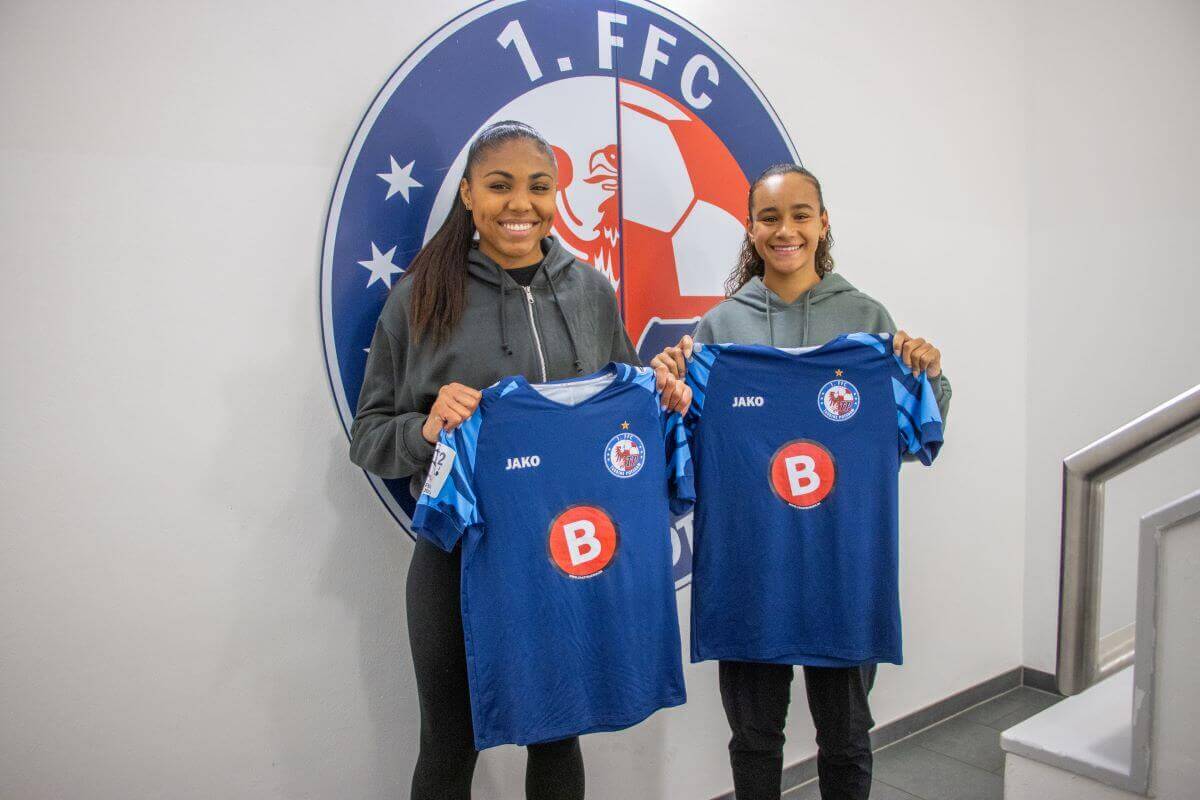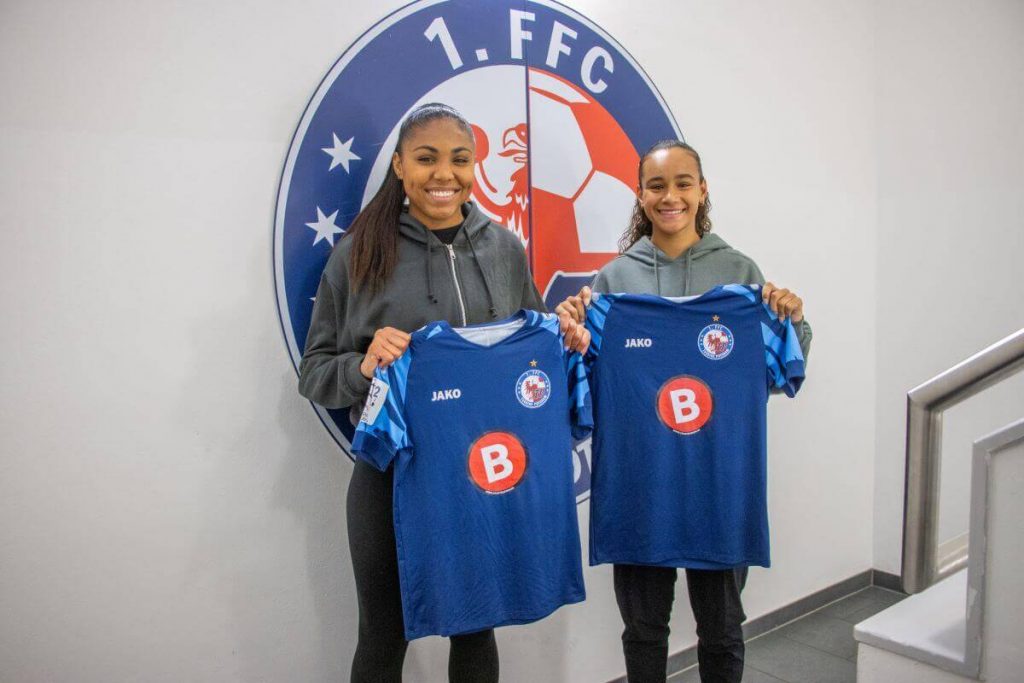
I am a German native based in the USA. As a former Bundesliga academy player in Germany and an NCAA soccer player at Hofstra University in New York and CSU in Los Angeles on a full scholarship, I have experienced the pros and cons of both cultures. Soccer/Football has changed my life in so many positive ways, and I am dedicated to sharing my experience with the next generation of players.






